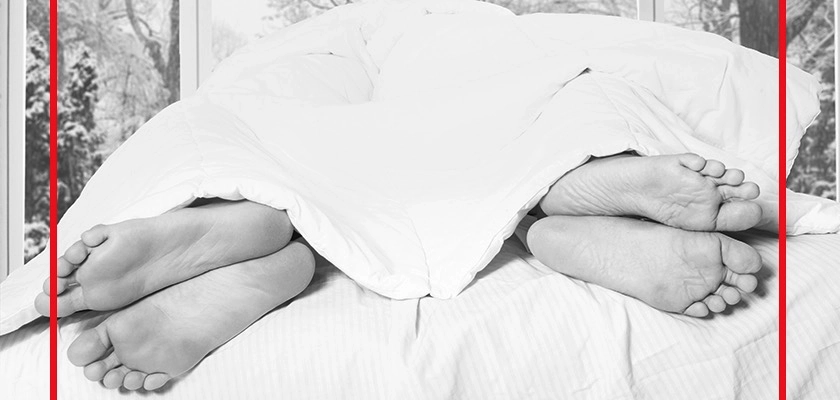"So, What About Sex?" - Linda Skogrand, Ph.D. | September 2020
We might assume that sexual behaviors and sexual interest does not change much over time, but they do.
Utah State University
Author of Marriages and Families, McGraw Hill

We might assume that sexual behaviors and sexual interest does not change much over time, but they do. For example, according to Christopher Ingram (2019, March 20), the percentage of Americans not having sex reached a record high. The kinds of preferred sexual behaviors have also changed over time.
In 2018, nearly one person in four adults ages 18 years and older did not have sex during the previous year. There are several reasons for this sex drought (Holohan, 2019, April 12). One reason is that older adults whose numbers are increasing in the U.S. are not having sex.
Even individuals ages 18 to 29 years of age are having less sex than before, which goes along with people in this age group having fewer live-in partners making a sexual partner less available. There is also speculation that more people in the younger age group may be living with their parents for economic reasons. Having sex with a partner while living with one’s parents is not very convenient. The age of getting married is also delayed which also reduces sexual activity.
According to Herbenick, Blowing, Fu, and Guerra-Reyes (2017), adults also have more diverse sexual behaviors than has been identified in previous studies. Approximately 80% of those studied participated in masturbation, vaginal sex, and oral sex. Anal sex was also practiced by 43% of men and 37% of women. The use of dildos and vibrators was appealing to 12% of men and 23% of women in the study.
“The times they are a-changing.” There is a need for even more research to learn more about why these changes are occurring which may be helpful to therapists and practitioners who are helping individuals and couples have more satisfying sexual lives.
Questions for Discussion
- What things might happen in a society that would result in people having more sex?
- Do you think individual well-being has declined along with the decline in sexual activity?
- What do you think explains the more diverse sexual behaviors that were evident?
References
Herbenick, D., Bowling, J., Fu, T., Guerra-Reyes, L. (2017). Sexual diversity in the United States: Results from a nationally representative probability sample of adult men and women. PLoS One. Web site: https://www.ncbi.nlm.nih.gov/pmc/articles/PMC5519052/
Holohan, M. (2019, April 12). America is in a "sex drought” and here’s why it matters. Today. Website: https://www.today.com/health/americans-are-having-less-sex-here-s-why-it-matters-t15181



